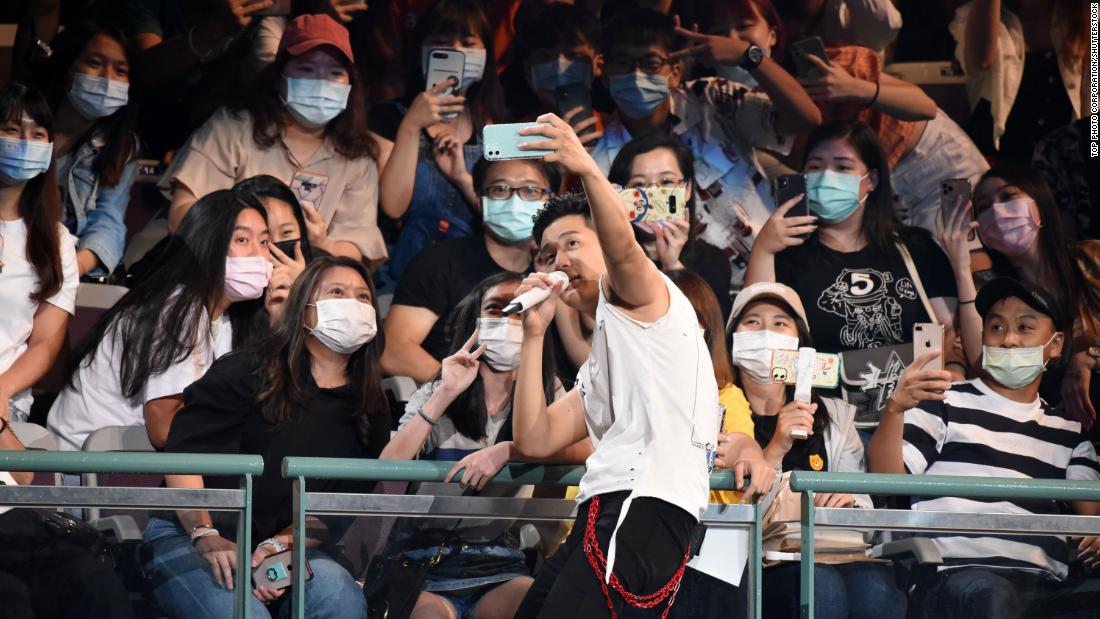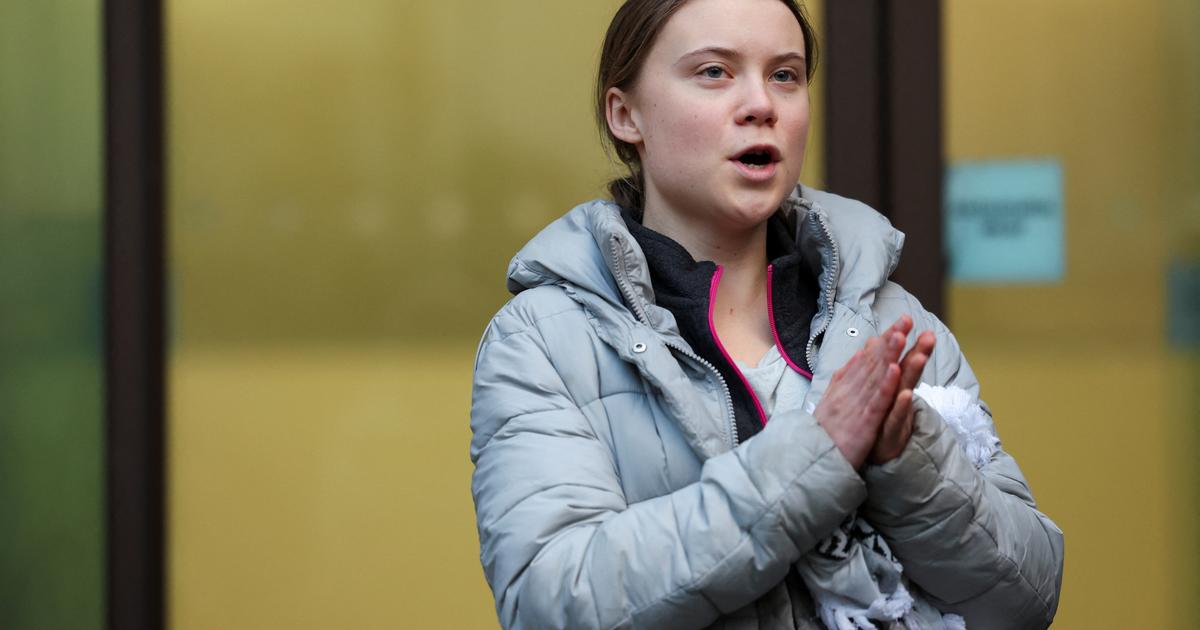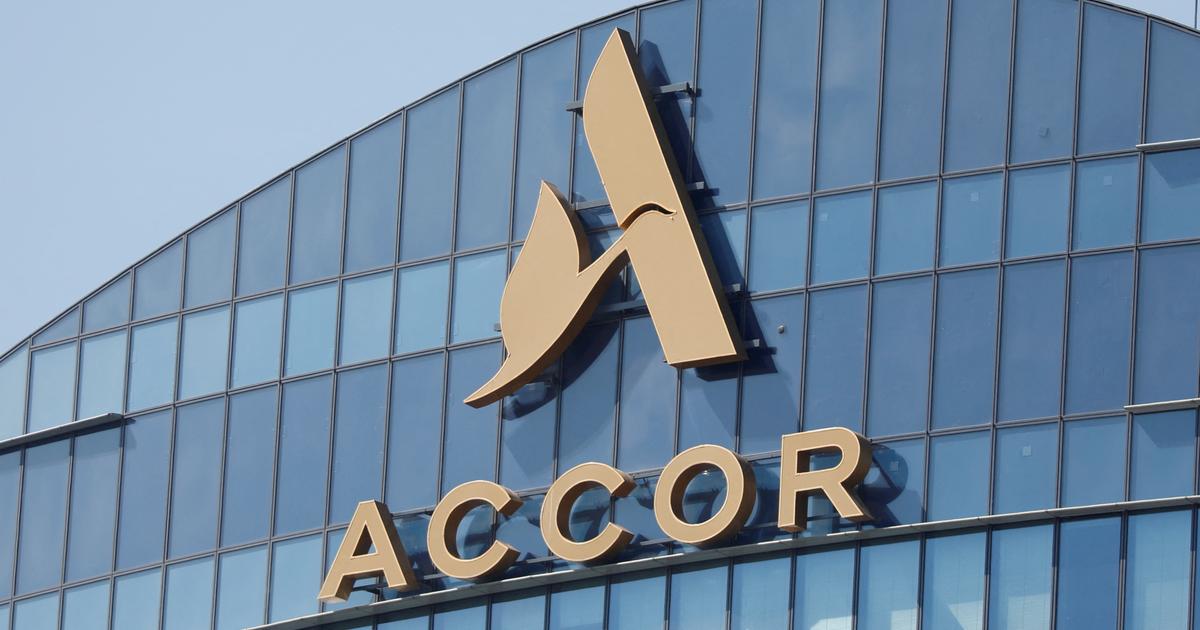France activates new emergency plan against covid-19 1:20
(CNN) -
While the Asia-Pacific region is staying afloat until a coronavirus vaccine is found, the West's largest economies are drowning in a second wave of covid-19 that is firmly established in Europe.
Europe now reports more daily infections than the United States, Brazil or India, countries that have been driving the global case count for months, as public apathy toward coronavirus guidelines rises.
Several countries are seeing infection rates skyrocket again after a summer truce in which measures to contain the virus and travel restrictions were relaxed.
The second wave of covid-19 intensifies in Europe and new drastic measures are already planned
Web Summit 2020, 100% virtual due to the 1:14 pandemic
In Britain, for example, they wonder if Prime Minister Boris Johnson's decision to lift the country's blockade in June was premature.
The current high rates of covid-19 in the north of England are due to the fact that infections 'never decreased as much in the summer as they did in the south,' Jonathan Van-Tam, Britain's deputy chief medical officer, said in a press conference this Monday.
It's just the most recent problem that has plagued Britain's careless response to the pandemic.
There are now more patients in the hospital with COVID-19 in England than there were in March, when a nationwide confinement order was imposed, according to Johnson and health officials.
France and the Netherlands broke their own records over the weekend, reporting the highest number of confirmed COVID-19 cases since the start of the pandemic.
In the United States, there were more new positive cases in the White House on October 2 than in all of Taiwan after President Donald Trump became the second G7 leader (after Johnson) to test positive for COVID-19.
Despite his illness, Trump has continued to downplay the severity of the virus and potentially endanger the health of those around him, holding a campaign rally Monday.
Italy takes new measures to control second wave of coronavirus
The management of covid-19 in the Asia Pacific region
Seven months after the World Health Organization (WHO) declared a global pandemic, life is closer to normal in the Asia-Pacific region thanks to basic epidemiology lessons: clear communication, quarantines, border controls , aggressive testing and contact tracing, Kenji Shibuya, director of the Institute for Population Health at King's College London, told CNN.
Singer Eric Chou takes a selfie with masked members of the audience while performing at a concert in Taipei, Taiwan on August 9, 2020.
Nightclubs remain open in Taiwan, which also held its first full-capacity stadium show in August.
Thousands of people were photographed visiting the Great Wall of China last week, months after some 20,000 people flocked to a New Zealand stadium for a rugby match.
European countries with successful responses to a pandemic, such as Germany, have taken this approach.
But experts say that Spain, the United States and the United Kingdom are seeing cases skyrocket and cracks appear in the political and public consensus, after they chose to prematurely reopen their economies without heeding those rules.
The government of Spain declared a state of emergency on Friday in the Madrid region, the most affected in the country, in order to override the objections of regional leaders to the restrictions.
In the UK, Johnson's mixed messages and lack of transparency in decision-making have drawn criticism from across the political spectrum.
But instead of taking stock of its failures and looking for a sustainable way forward, an Anglo-American narrative has grown, suggesting that it is too late to try to emulate the nations of Asia and the Pacific, said Dr. Tim Colbourn. , a specialist in global health epidemiology and professor of assessment at University College London.
Libertarian thinkers, open letters and politicians across the Atlantic have advocated - with little scientific merit - for governments to "drop restrictions and allow [covid-19] to spread" for the good of the economy, Colbourn said.
This is a maddening idea for the vast majority of healthcare professionals and scientists, who point to the high death rate of covid-19 and its long-term effects on survivors.
"When countries [like the US and UK] experience a decline in life expectancy, it should be a red flag," said Martin McKee, professor of European public health at the London School of Hygiene and Tropical Medicine.
The deterioration of health in populations has electoral consequences, McKee told CNN, adding that historically those factors caused "populism and then state failure."
Europe is mired in the second wave of coronavirus.
What we could expect in Latin America
The Chinese wall crowded with people in the middle of a pandemic 0:44
Measures against the coronavirus in Europe
In contrast, the European Union resumed interregional tourism in June, despite the delay in many European countries requiring visitors to undergo routine tests upon arrival.
The United Nations tourism agency, UNWTO, found that "Europe is the region where the most destinations (81%) have eased travel restrictions," while only 28% of destinations in the Asia region and the Pacific had eased border controls by September 1, according to their analysis of travel restrictions.
Taiwan and South Korea, which had the world's second-highest number of cases in February, controlled the outbreaks without blunt instruments such as locks thanks to their gold-standard testing and tracing systems, and a transparent communication strategy that has kept the public on the sidelines.
The UK implements conventional contact tracing methods, which identify cases and track down people they met after they became infectious, McKee says.
Meanwhile, Asian countries such as South Korea have relied on what is known as backtracking, which attempts to identify the event, location, or source of an infection.
"Was it churches in Germany, our packing houses, or a nightclub in Korea?" Mckee said, adding that instead of focusing on the source of infection, the UK has "hit entire communities with a hammer" from localized closures without consulting local leaders.
He says such measures are appropriate "if you don't have intelligence" about the source of an outbreak, but adds: "The UK shouldn't be in that position at this time."
Even the economic situation seems less harsh.
The IMF forecasts that the economy of the Asia-Pacific region will contract 0.2% this year, while those of the US and Western Europe will sink 5.9% and 7.3% respectively.
Coronavirus News October 13: Cases Increase in the US, Latin America and Europe
Cultural tropes
The Asia-Pacific response has been shaped by the SARS outbreak of 2003. The trauma of that period meant that many Asian countries were better prepared and better resourced to act decisively at the start of the pandemic with public approval.
But a common - and Orientalist - refrain has emerged from Western commentators that it would be impossible to impose more draconian and possibly sensible rules on the wearing of masks for freedom-loving Anglo-Americans.
Countries such as Norway and the Netherlands recommend masks in indoor public spaces, but do not require them.
The Swedish authorities have actively discouraged the wearing of masks, despite the high number of deaths from COVID-19 in nursing homes.
In addition to resorting to lazy cultural tropes, such as Trump's immediate racialization of the outbreak by calling the coronavirus the "China virus," American and British leaders have also repeatedly undermined guidance and best practices.
Though he has since changed tack, in March Johnson said he shook hands "with everyone" during a visit to a hospital treating confirmed COVID-19 patients, the same day as the government's Emergency Scientific Advisory Panel. defended the practice.
Trump has made masks a hyperpartisan issue, routinely mocking Democratic presidential candidate Joe Biden for wearing a face covering.
Trump continues his campaign in Pennsylvania 2:18
Communication strategies are an underrated “non-pharmaceutical intervention” that are not only useful in the short term, encouraging measures such as mask use, but also have long-term uses, says Heidi Tworek, Associate Professor of History and Public Policy at the University of British Columbia, who authored a report on democratic communications during the pandemic.
The report analyzed three democratic jurisdictions in the Asia-Pacific region - Taiwan, New Zealand, and South Korea - and found that consistent messages from those governments were helpful in preventing 'compliance fatigue' and laid the foundation for adoption of vaccinations
"They are also important in cultivating trust between citizens and their governments, a trust that is critical to the future stability of democratic institutions," the report noted.
New Zealand returns to restrictions due to covid-19 1:13
Gain confidence
That confidence can easily be lost.
A study in The Lancet found that when Johnson's senior adviser, Dominic Cummings, violated lockdown rules but faced no consequences, he undermined the public's faith in the government's ability to handle the pandemic.
The opposite happened in New Zealand, where David Clark, its Health Minister, was demoted in April 2020 after twice violating the country's covid-19 regulations.
He resigned in July and goodwill for the government has remained.
The government of Taiwan deployed this ad to help communicate its policy of physical distancing.
New Zealand and South Korea took a "division of labor approach to communicating political and scientific information," the report noted.
Public health officials would hand over the science first.
The message would be humanized and meaningfully reinforced by politicians like New Zealand Prime Minister Jacinda Ardern or South Korean President Moon Jae-on in televised speeches or on Facebook, Tworek said.
Disinformation and conspiracies were addressed in South Korea and Taiwan through high-quality information that was broadcast on multiple channels, Tworek added.
To engage the public, the Taiwanese government worked with local comedians to create memes for its "humor over rumor" strategy.
It included the use of a cartoon "speaking dog", a Shiba Inu named Zongchai, to help communicate its policies.
A meme showed that the indoor social distancing policy of 1.5 meters equaled the length of three Shiba Inu, while the outer social distancing policy was two Shiba Inu.
Masks were distributed to Taiwanese households at the beginning of the pandemic, many of them in a shade of pink.
After hearing that male students were being bullied for wearing pink masks in schools, officials wore pink face covers in their daily briefing.
"It's great because it's not just about countering misinformation, it's about countering stigma and prejudice," Tworek said.
This is not rocket science.
These are basic principles of health and risk communications [to] establish trust. '
Will next elections be held during the pandemic?
Asian democracies have a solution for that too.
South Korea recorded its highest turnout in the April poll, as voters wore masks and gloves, voting booths were disinfected and people spaced out while queuing to vote.
In the US, officials are converting large venues and sports centers into voting centers to accommodate social distancing concerns in the November poll.
New Zealand and Hong Kong postponed elections for the summer, citing coronavirus fears.
While New Zealand's main opposition party backed the move, some pro-democracy activists in Hong Kong claimed that the government was using the pandemic as an excuse to avoid potential losses in a crucial election.
America's biggest obstacle remains its president, who has repeatedly questioned the integrity of the democratic process by undermining the safest way to cast a ballot in a pandemic: vote-by-mail.
As Trump continues to downplay the threat from the virus, another 20,000 deaths from covid-19 are "unavoidable" by the end of the month, former director of the US Centers for Disease Control and Prevention, Dr. Tom Frieden, this weekend.
Unlike the Asia-Pacific region, the West appears to be heading for a tragic winter.
Asia Pacific COVID-19 Pandemic









